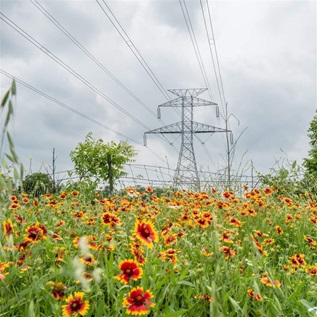Less Than Half of States Have Laws Governing ‘Land Contracts’
Statutes provide limited consumer protection for widely used alternative home financing
Small mortgages are hard to come by for many Americans, so millions of prospective homeowners turn to alternative arrangements to finance their home purchases. Some of these arrangements pose financial risks for buyers, including hidden costs, threat of eviction, and loss of equity. And new research shows that in most states, borrowers using one of the most common forms of alternative home financing, land contracts—also known as “contracts-for-deed” or “installment sales contracts”—enjoy few if any of the protections traditionally offered to mortgage borrowers.
The Pew Charitable Trusts commissioned the National Consumer Law Center (NCLC) to study state statutes related to public recording of land contracts, habitability of homes, and financial remedies in case of default, among other important issues. The analysis, Summary of State Land Contract Statutes, found that although most states have laws that mention land contracts, less than half of states specifically regulate these arrangements, and the protections vary widely. For example, only about a dozen states require that land contracts be publicly recorded, an important provision that protects all parties involved by clearly and legally documenting the buyer’s homeownership. Further, only one state mandates that homes purchased with land contracts meet specific standards for habitability despite evidence that, because land contract sales do not typically require an inspection, the homes are sometimes sold with major, undisclosed problems. Future Pew-funded NCLC research will explore other approaches states have taken to regulate land contracts and similar arrangements.
Spotlight on Mental Health
MORE FROM PEW
Explore Pew’s new and improved
Fiscal 50 interactive
Your state's stats are more accessible than ever with our new and improved Fiscal 50 interactive:
- Maps, trends, and customizable charts
- 50-state rankings
- Analysis of what it all means
- Shareable graphics and downloadable data
- Proven fiscal policy strategies
Welcome to the new Fiscal 50
Key changes include:
- State pages that help you keep track of trends in your home state and provide national and regional context.
- Interactive indicator pages with highly customizable and shareable data visualizations.
- A Budget Threads feature that offers Pew’s read on the latest state fiscal news.











